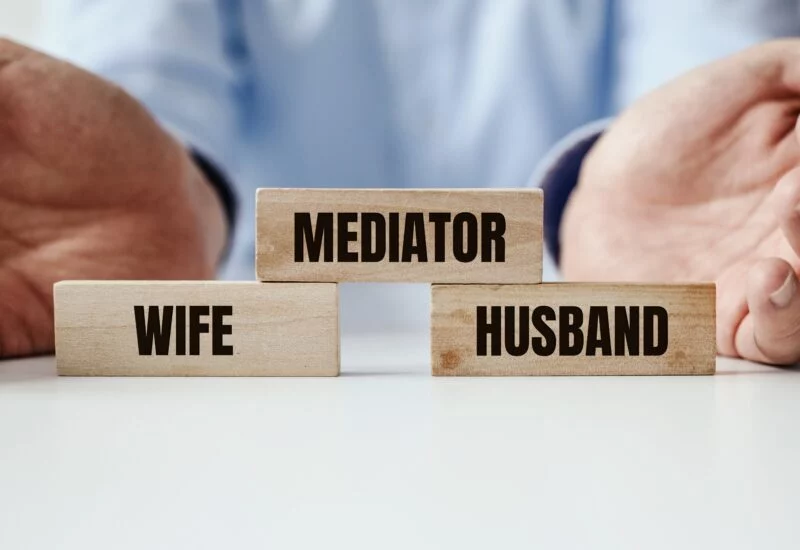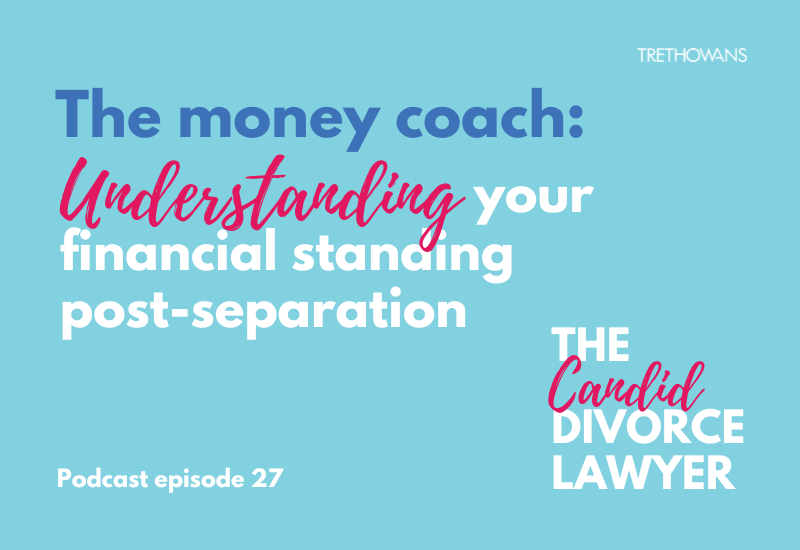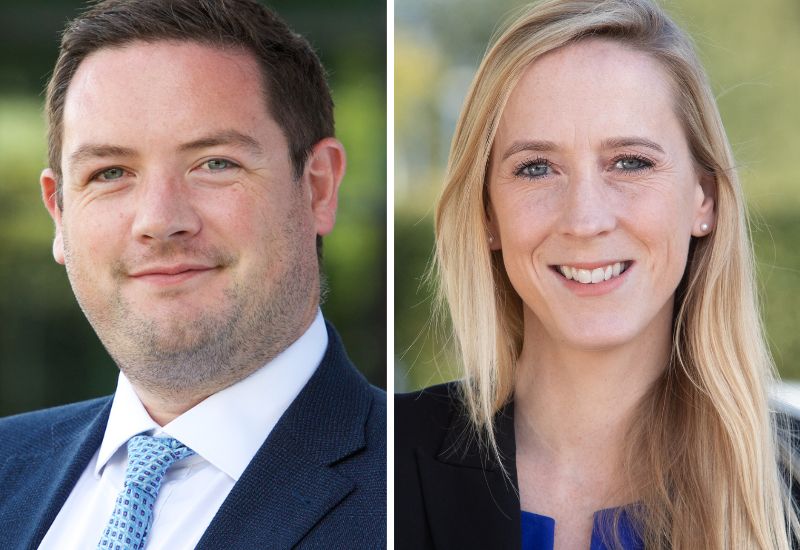- 03 Dec 2020
- •
- 3 min read
A day in the life of a family mediator

“Good divorce week” is an opportunity to highlight all of the options that are available to couples who are separating, to discuss arrangements in relation to their children and financial matters.
Mediation is favoured by many clients, as not only can this be one of the most cost effective ways of reaching agreement in relation to the issues arising out of separation, but also it enables the couple to take control of decisions for their family in the future.
Trethowans offer mediation services within each of our offices in Bournemouth, Poole, Salisbury, Southampton and Winchester.
Laura Bell, accredited Mediator, shares a “typical day in the life” of a mediator, to give insight to those wanting to find out more about this process.
Timings and Initial Arrangements for Mediation
In advance of the mediation session, the parties wishing to engage in mediation will need to agree a time to attend a mediation session. Typically the sessions last 1-2 hours, and on average at least three sessions will be required.
Inevitably, timings need to be worked around school, childcare and work engagements, and our mediators are happy to accommodate an appointment that suits you.
In most instances, my mediations start mid-morning or mid-afternoon and in advance of those sessions I undertake some preparatory work:
- I will review my notes of the “individual” session I have held with each party, to remind myself of any hopes or concerns that they may have.
- I will ensure all of the paperwork is prepared ready for use. The parties will both need to sign the “Agreement to Mediate” before the joint session commences. This outlines the principles of mediation, as well as setting out some “ground rules” and is helpful for both parties to formally commit to the process.
- I will make sure my technology is working! At the moment, mediation sessions are being held by remotely, and so I need to check that parties have all of the information to remotely enter the meetings, and that my laptop / iPad is fully charged!
- Consider any resources that may be helpful for the parties. Being a mediator is not just about assisting the parties to reach points of agreement within session. It is also about supporting the family generally, and so often I “signpost” my clients to third parties or external resources, such as counsellors, family consultants and independent financial advisors.
- Finally I will make sure I have a hot drink and biscuits at the ready! I welcome refreshments through the mediation sessions. Not only does a morning coffee often provide a welcome wake-up call, it can help parties to relax and feel more comfortable.
Throughout the session
My role as a mediator is to act as a neutral third party, to assist and facilitate discussions between the parties.
Inevitably each individual will have their own point of view, and each will wish to be heard. It is my role to ensure that both parties engage in the mediation session, by encouraging discussion about what they each wish to get out of the sessions. As an impartial party in the session, I can listen objectively and can help the parties to communicate more effectively with each other.
It is helpful to have an agenda to work through in the session, so that discussions can be focused, and also so that there can be several topics to discuss and move on to, if one of the issues needs to be “parked”. I encourage the couple at the beginning of the session to discuss what they would like the agenda to include. This is, after all, going to shape their and the children’s future and they may have issues which need to be prioritised in terms of importance.
Sometimes discussions are tricky. Often, very emotive discussions are being held which are shaping the future of the family. I will balance the discussions accordingly, and recognise if a party is struggling emotionally, or it the parties require some “time out”. Break-out rooms are available, both when sessions are held in person and remotely.
Post-session
It is helpful for the parties to have a written session note of the mediation session, to reflect on the discussions held and also for them to produce to their solicitor to obtain any necessary legal advice. I will therefore spend time preparing the session note to send out to the parties as soon as possible.
The session note will outline any points of agreement, any points for further discussion and any “homework” the parties need to do in advance of any future sessions. It is always helpful for the parties if we can schedule a future mediation session (if required) in the diary, as this gives a date for the parties to focus on and work towards.
If the couple do reach agreement, I record this in a document known as a Memorandum of Understanding. This records the points of agreement, with some detail around the discussions held. This document is supported by an Open Financial Statement, which summarises the financial circumstances of the family. This is prepared using the financial information provided by the parties within the mediation process. These documents are used by the solicitors, to enable them to prepare any further required legal documentation, such as a Separation Agreement or a Consent Order.
To book an appointment, get in touch with Trethowans’ Family team today, on 0800 2800 421 or contact us here.





